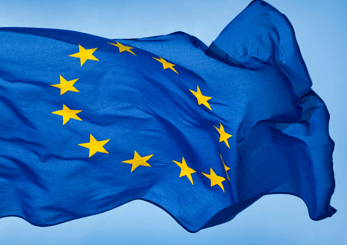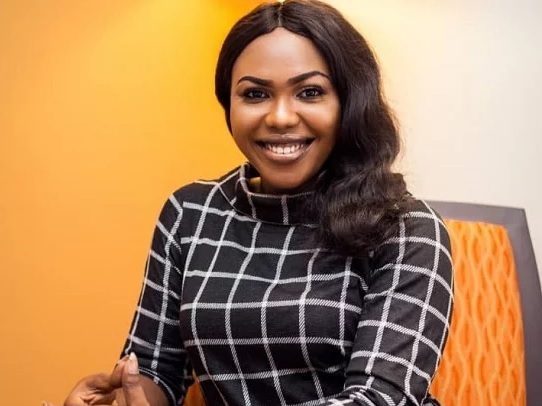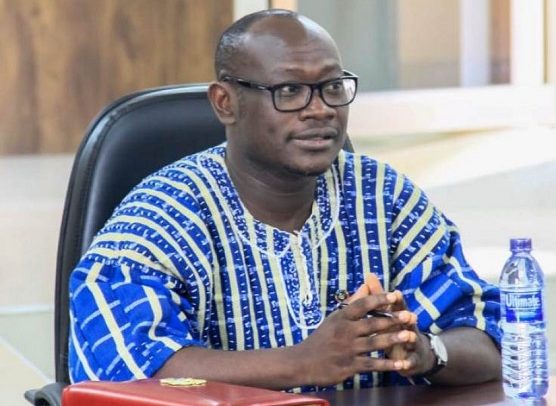

It's the most keenly anticipated moment in Silicon Valley's biggest legal battle in years.
SAN FRANCISCO — Former Uber CEO Travis Kalanick flatly denied plotting to stealing Google's trade secrets on the third day of the explosive Uber-Waymo trial that has captivated Silicon Valley, in testimony that veered from the serious to the surreal.
Uber has been accused by Waymo, a self-driving car company owned by Google's parent company Alphabet, of stealing its confidential trade secrets during Kalanick's tenure, before he was forced out by a string of explosive scandals in mid-2017.
Sitting at the heart of the trial is Anthony Levandowski, a well-known self-driving engineer who helped lead Google's self-driving car project before it was spun out as Waymo. He consequently left that job to found an autonomous truck startup, Otto, that was swiftly acquired by Uber. Waymo has accused Levandowski of stealing thousands of internal documents and taking them to Uber with him.
Kalanick's early testimony on Wednesday, under questioning from Waymo's lawyers, focused on interactions between him and Levandowski. "I just see this as a race and we need to win, second place is first looser" read one text from Levandowski in March, 2016. "We do need to think through the strategy to take all the shortcuts we can find," said another from the engineer on the same day.
Uber and Waymo have battled over whether the jury could be shown a clip of 1987 film "Wall Street" after Levandowski texted a YouTube link to Kalanick. Judge Alsup ultimately ruled in favour of Waymo, and the court was treated to a surreal showing of Michael Douglas' character's famous speech that "greed, for lack of a better word, is good ... [it] captures the essence of evolutionary spirit."
Under cross-examination from Uber's lawyer, Kalanick became significantly more animated. He passionately described the early years of Uber and its growth and vision — as well as Google's 2013 investment into Uber and the subsequent breakdown in relationship between the two companies. (At the offset, they had a big-brother-little-brother vibe, Kalanick said.)
He also flatly denied that Uber conspired with Levandowski to misappropriate Google's intellectual property, and that laser tech — which the disputed trade secrets concern — were only a minor part of the deal. Did Kalanick ever ask Levandowski to bring Google's information to Uber, he was asked. "I did not ever." Did Levandowski ever say he would do so? "Absolutely not." Did anyone else say Levandowski had downloaded files to bring them to Uber? "No."
Kalanick's slang terms had popped up in his earlier testimony — from "jam sessions" to "laser sauce" — and it was the same again on Wednesday.
Jurors were also treated to an explanation of the term "cheat codes," which Kalanick said referred to "elegant solutions to problems that haven't already been thought of," suggesting how Tesla uses data from paying customers to improve its autonomous technology as an example. Waymo's lawyers had previous implied the term referred to more nefarious intentions.
Kalanick was first called as witness for a little under an hour on Tuesday, the second day of the blockbuster trial. Considered one of the key events at the trial, his early testimony was largely devoid of fireworks. Waymo's lawyers initially focused on his prior statements about the importance of self-driving technology to Uber's future, moving on to the details of his early interactions with Levandowski prior to when the latter left Google.
Kalanick confirmed that the two had discussed Levandowski starting a "Newco" (referring to a new company, which was ultimately Otto) that would then be acquired by Uber: "I wanted to hire Anthony [Levandowski] and he wanted to start a company, so I tried to come up with a situation where he could feel like he started a company and I could feel like I hired him," he said.
The cases hinges on eight disputed trade secrets that Waymo alleges Uber misappropriated and used to try and accelerate its self-driving technology. These can only be discussed in closed sessions, away from the public and press — so while the public can observe the sideshow of explosive allegations about Uber's corporate culture. it is difficult for outside observers to ascertain the merit of the allegations while the case is in progress.
While the questioning of Kalanick at times discussed trade screts in general terms, the entire testimony was in open session and the specifics of the trade secrets were never addressed.
The trial marks Kalanick's first public appearances since he was fired from Uber.
Read Business Insider's coverage from Day 1 and Day 2 of the trial here.
It's the most keenly anticipated moment in Silicon Valley's biggest legal battle in years. Read Full Story























Facebook
Twitter
Pinterest
Instagram
Google+
YouTube
LinkedIn
RSS